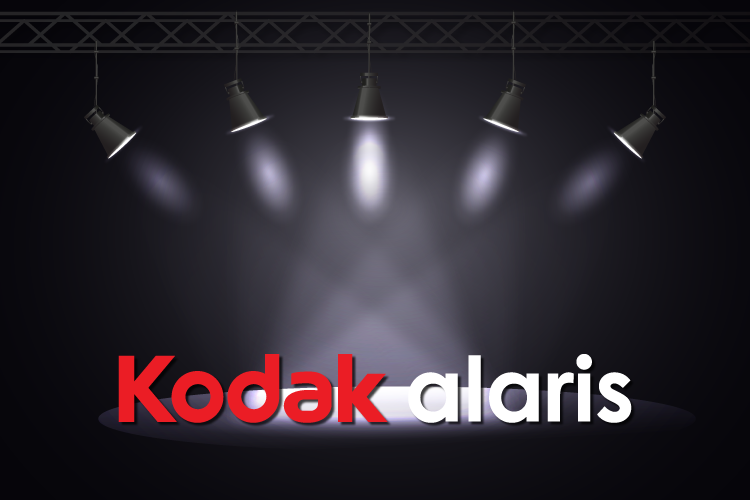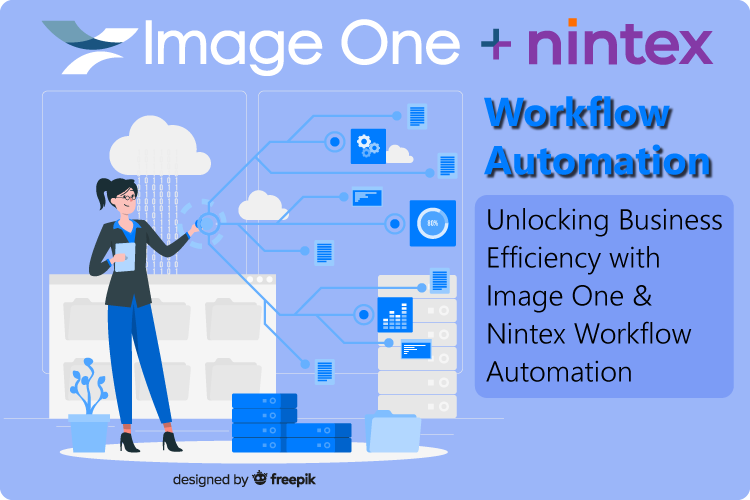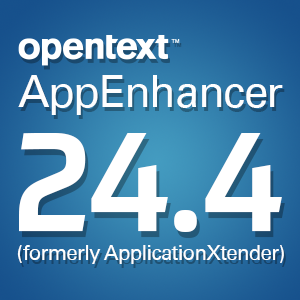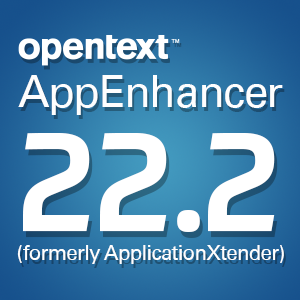Healthcare industry improves efficiency and care with document conversion services
Wednesday, January 9, 2013Electronic medical records (EMR) are progressively becoming the standard for healthcare document management.
Nitin Chhoda, physical therapist and marketing expert, predicted that organizations will increasingly convert records to a digital format in order to make patient interactions more efficient.
"Not only do they allow a more accurate recording of patient data, but they also cut time and save money," he stated.
Chhoda also asserted that the amount of time spent compiling patient information is costly to medical practices. He estimated that every visit takes approximately 15 to 20 minutes to document, which can result in thousands of dollars worth of wasted time annually. Electronic document management speeds up the process of recording information, which also allows staff to handle more patients in less time without compromising quality of service.
Akron Children's Hospital is just one organization that reaped advantages from implementing EMR. The hospital has invested approximately $50 million into digital document conversion thus far, including new computer and server implementation and system upgrades.
Efficiency improves care
The staff has seen a wide range of benefits since the transition to electronic records. As a result of immediate access to medical records, hospital staff will know right away of any medications a child is taking or any critical allergies to consider. Additionally, since records aren't hand-recorded, mistakes due to illegibility are eliminated. Doctors are now able to access medical histories and test results outside of the facility and from any area of the hospital. Parents are able to stay by their child's side through the entire visit since patients can be registered electronically from the examination room and paperwork no longer has to be completed from a separate room.
Jeff Hord, President of the Akron Children Hospital's medical staff, was adamant about the benefits EMR will have on patient care.
"EMR is an important tool that can be leveraged for the good of our patients," he said, "It improves communication and the sharing of medical records between providers – even those working at different sites. There is simply less room for human error, whether it be a scribbled prescription or a miscalculated dose."
EMR has increased potential for profit by making medical professionals' interactions more efficient. Furthermore, since patient care is a top priority for healthcare organizations, time and cost savings as a result of document conversion services allow for higher service and upgrade budgets.
Brought to you by Image One Corporation providing complete information governance since 1994.




